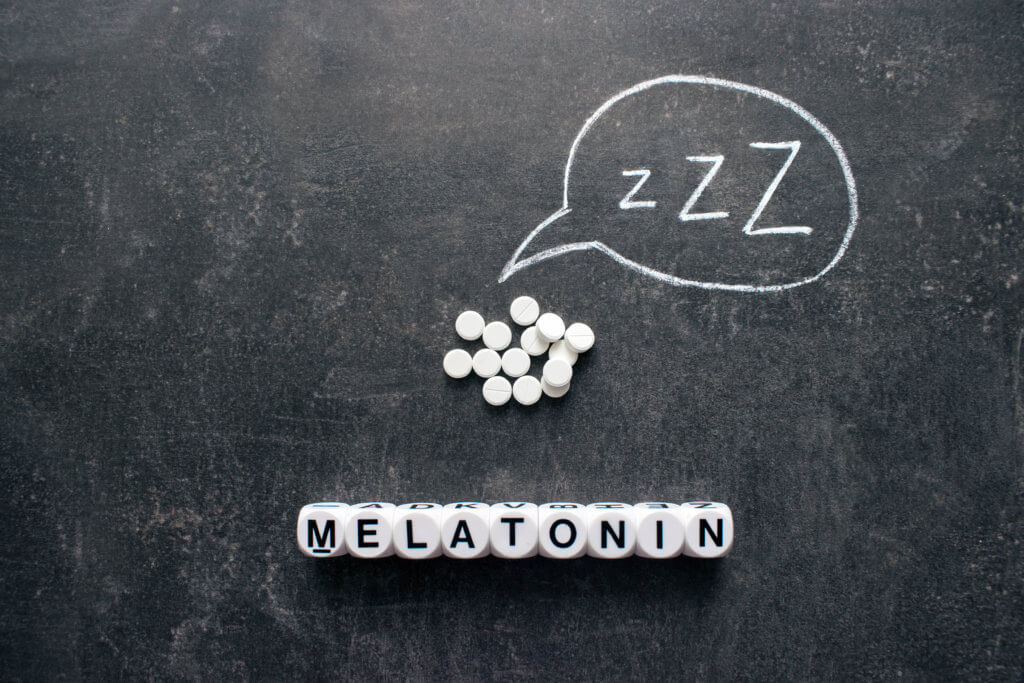Are you looking to get more sleep at night? Melatonin is a popular supplement of choice for those who struggle with shuteye. But many people who have tried report no difference in sleep quality. Researchers from Brigham and Women’s Hospital report that a higher dose of melatonin improved sleep in older adults.
“Sleep deficiency becomes more common as people age, and, given the drawbacks to many prescription sleep aids, many older adults report taking melatonin,” says Dr. Charles Czeisler, study senior author and chief of the Brigham’s Division of Sleep and Circadian Disorders, in a statement. “But we’ve had little evidence on the effects of melatonin on the sleep health of older adults. Our study provides new evidence and insight, and points to the importance of considering dosage and timing when it comes to the effects of supplements like melatonin, especially in older people.”
Researchers conducted a study in 24 healthy adults between the ages of 55 and 78. The 13 women and 11 men were screened for sleep disorders and all participants had no history of major sleep complaints.
The participants lived in individual study rooms with no windows, clocks, or other indications of time of day for a month. The older adults were on schedules of 20-hour cycles to detach the effects of rest-activity from the circadian clock. Instead of experiencing 24-hour cycles of days and nights, this allowed the participants’ sleep to be scheduled both at night and during the day, but with a similar duration of waking before each sleep.
Researchers randomly assigned the older adults to receive two weeks of a placebo pill and two weeks of either a low (0.3 mg) or high (5 mg) dose of melatonin before going to bed.
The study found that the low dose of melatonin did not lead to a statistically significant change in overall sleep time to participants. However, those taking the higher dose “had a significant increase in total sleep time and sleep efficiency regardless of whether sleep was scheduled during the day or night,” the media release reads.
The higher dose of melatonin increased total sleep time compared to the placebo by more than 15 minutes for nighttime sleep and by 30 minutes for daytime sleep.
“It’s exciting to see evidence that melatonin may have an impact on sleep at night for older adults because we know that so many older people have trouble sleeping,” says Dr. Jeanne Duffy, study lead author and member of the Division of Sleep and Circadian Disorders. “But before taking a dietary supplement, it’s important for people to talk to their primary care physician and get a referral to a sleep specialist to rule out an undiagnosed sleep disorder.”
The study was supported by the National Institutes of Health, the Brigham and Women’s Hospital BRI Fund to Sustain Research Excellence, and were conducted by the Brigham and Women’s Hospital General Clinical Research Center.
The results are published in The Journal of Pineal Research.












